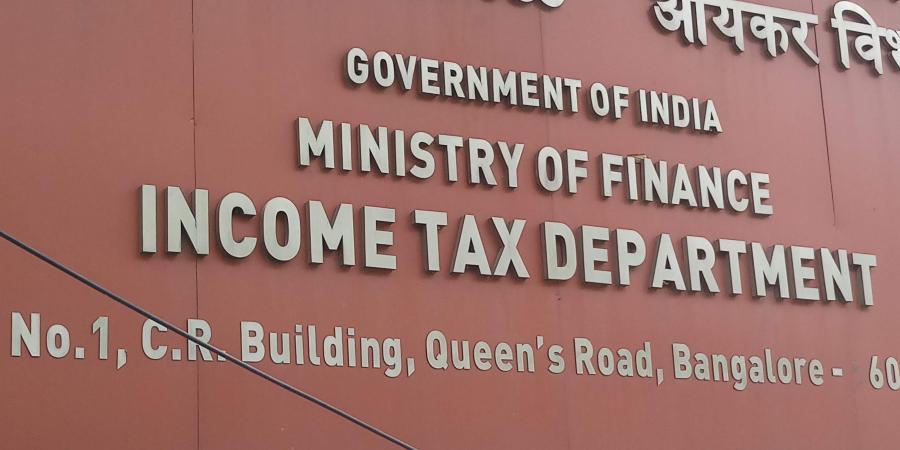![]()
Amidst the economic uncertainties caused due to the pandemic, the trend of taking up jobs on a freelance basis has gained prominence. Here in this discussion, we shall take a dive in this issue from various perspectives and specifically from the tax perspective.
Freelancing generally means being temporarily hired for undertaking and completing specific assignments. You get paid immediately upon the completion and submission of the assignment.
In such aforesaid cases of freelancing, an individual is not an employee of the company and so is not placed on its payroll. He is not entitled to perks (such as Provident Fund) as mandated by the Companies Act. An individual is not required to go to the office. He can complete the assignment at leisure (as per pre-agreed guidelines) from any place that is convenient to him.
Any income that is earned by displaying manual or intellectual skills comes within the purview of income from a profession as per prevalent income tax laws of India. And such income shall be taxable as “Profits and Gains from Business or Profession”. His gross income shall be the sum of all the receipts that he gets while carrying out his profession. To cull out information, the document taken into consideration is a bank account given the condition that an individual has received all his professional income through banking channels.
Expenses allowed as deduction
As per the Income Tax Act 1961, freelancers can deduct those expenses that they have incurred to carry on the job, from their income. And this could be anything that is directly related to the job of the freelancer, ranging from the office furniture to expenses on visiting the clients.
Prerequisites
-The expense must have been incurred during the year in which tax is to be paid.
-The expense must have been spent fully and exclusively for the purpose of carrying on the freelance income.
-The income must not be illegal.
-The expense incurred must not be personal or capital expenditure of the freelancer
Taxes payable for a freelancer
If the total tax liability during a particular financial year amounts to Rs 10,000 or more, then the taxpayer is required to pay the taxes every quarter which is called advance tax.
Calculating the advance tax
-Add all your total receipts and then determine your total income.
-Subtract those expenses that are directly related to your work.
-Then add the income from other sources, for instance, house property or a savings account.
-Thereafter, find out the tax slab that you belong to and then calculate your tax that is due.
-Don’t forget to deduct the TDS
-If the tax that is due exceeds Rs.10,000, then you are necessarily required to pay the advance tax by the due dates.
Penalties for non-payment of advance tax
If the advance tax is not paid by the freelancer, then interest as per sections 234B and 234C are applicable. To avoid paying the interest penalty, follow the below-mentioned guidelines:
-Pay advance tax only when your tax liability for a year is Rs 10,000 or more
-The advance tax payments that have been made until March 31 of the year should be 100 percent of the individual’s total tax payable.
The applicability of GST to freelancers
Before July 2017, VAT & Service Tax were applicable on freelancers. Now the above-mentioned taxes have been replaced by the GST.
Tax when you sell goods
The GST rate applicable shall be decided by nature of items. For Instance, if you make and sell confectionery items such as cake, the GST levied shall be 18 percent.
Tax when you provide service
Again, it depends on the nature of the services. In most cases, 18 percent GST is applicable on most of the services. Charge the GST to your clients. Factor in GST while negotiating your fee with the client and ensure that you clearly communicate whether it includes GST or not. For example, if you are GST-registered and have quoted a total fee of Rs 10,000 per written assignment, you will receive Rs 8,474 in hand (assuming GST of 18 percent).
We are providing practical training (Labor Laws, Payroll, Salary Structure, PF-ESI Challan) and Labor Codes, Payroll Consultant Service & more:
- HR Generalist Practical Training: https://oneclik.in/hr-generalist-practical-training/
- Labor Law + Payroll-Practical-Training: https://oneclik.in/labor-law-payroll-practical-training-certificate/ (PF, ESI, Bonus, Payroll & more)
- Labor Code, 2020 (Crash Course): https://oneclik.in/labor-code2020-rules-practical-training-certificate-crash-course/
- Labour Code | Labour Bill (Labour-Law-Practical-Training): https://oneclik.in/labour-law-practical-training/ (Factory, Contact Labor, Maternity Act & more)
- PF – ESI Consultant Service: https://oneclik.in/pf-esi-consultant-service/
- Labor Law, Compliance & HR – Payroll Management
- Advance Excel Practical Training: https://oneclik.in/advanced-excel-practical-training-certificate/
Get Latest HR, IR, Labor Law Updates, Case Studies & Regular Updates: (Join us on Social Media)
- Telegram Channel: “One Clik”
- Whatsapp Group: https://wa.me/919033016939
- Facebook: One Clik
- Linkedin: One Clik
- Instagram: oneclik_hr_management
- YouTube: One Clik

